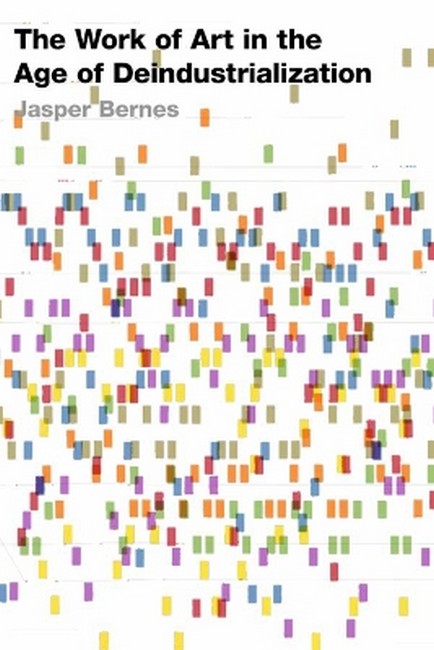Jasper Bernes is Visiting Assistant Professor of English at Stanford University and the author of We Are Nothing and So Can You (2015).
Request Academic Copy
Please copy the ISBN for submitting review copy form
Description
Introduction 1. Lyric and the Service Sector: Frank O'Hara at Work 2. John Ashbery's Free Indirect Labor 3. The Poetry of Feedback 4. The Feminization of Speedup 5. Art, Work, and Endlessness in the 2000s 6. Epilogue: Overflow
"The originality of this study of postwar literature and capitalism lies not just in its focus on production as opposed to consumption, or on the effects that transformations of labor have had on what kind of art was made, by whom, and how. It lies also in its rigorous attention to the effects that aesthetic concepts have exerted on the transformation of labor, and to how art responds when wage labor is recast in explicitly aesthetic terms. Bernes's book goes beyond reflectionist arguments and elective affinities. Sobering and optimistic at once, it gives us new tools to think about the relation between art and labor, even as the two seem to be converging irreversibly."-Sianne Ngai, Stanford University "Far from wanting to tout any hoary theory of the artist-as-prophet, Bernes is working with a remarkably sophisticated and resilient new critical model which will doubtless have a lot of traction in the years ahead."-Julian Murphet, Affirmations: Of the Modern "Bernes poses the question of whether the quintessentially unproductive, workless realm of poetry may be instructive for what our precarious and workless capitalist future holds. The result is an intellectually rich, dynamic and lucidly written book...The theses Bernes puts forward concerning poetry's instrumentalization by capitalism will be of interest to all scholars of modern literature, not merely those interested in the postwar American poets and artists studied in detail here."--Benjamin Pickford, Literature & History "Developments in poetry and art, Bernes argues, also feed reciprocally into...transformations in the workplace, as 'aspects of the artistic critique, such as the critique of work from the standpoint of participation, became essential parts of the restructuring undertaken by capitalists to improve profitability'....[With] acute sensitivity to poetic form and [a] profound grasp of historical capitalism as filtered through their chosen sites of the gendered body and the workplace...Bernes [avoids] reductively optimistic or pessimistic claims about either poetry's total immunity or its total complicity."-Walt Hunter, American Literary History

